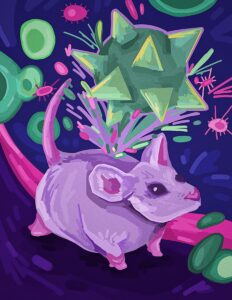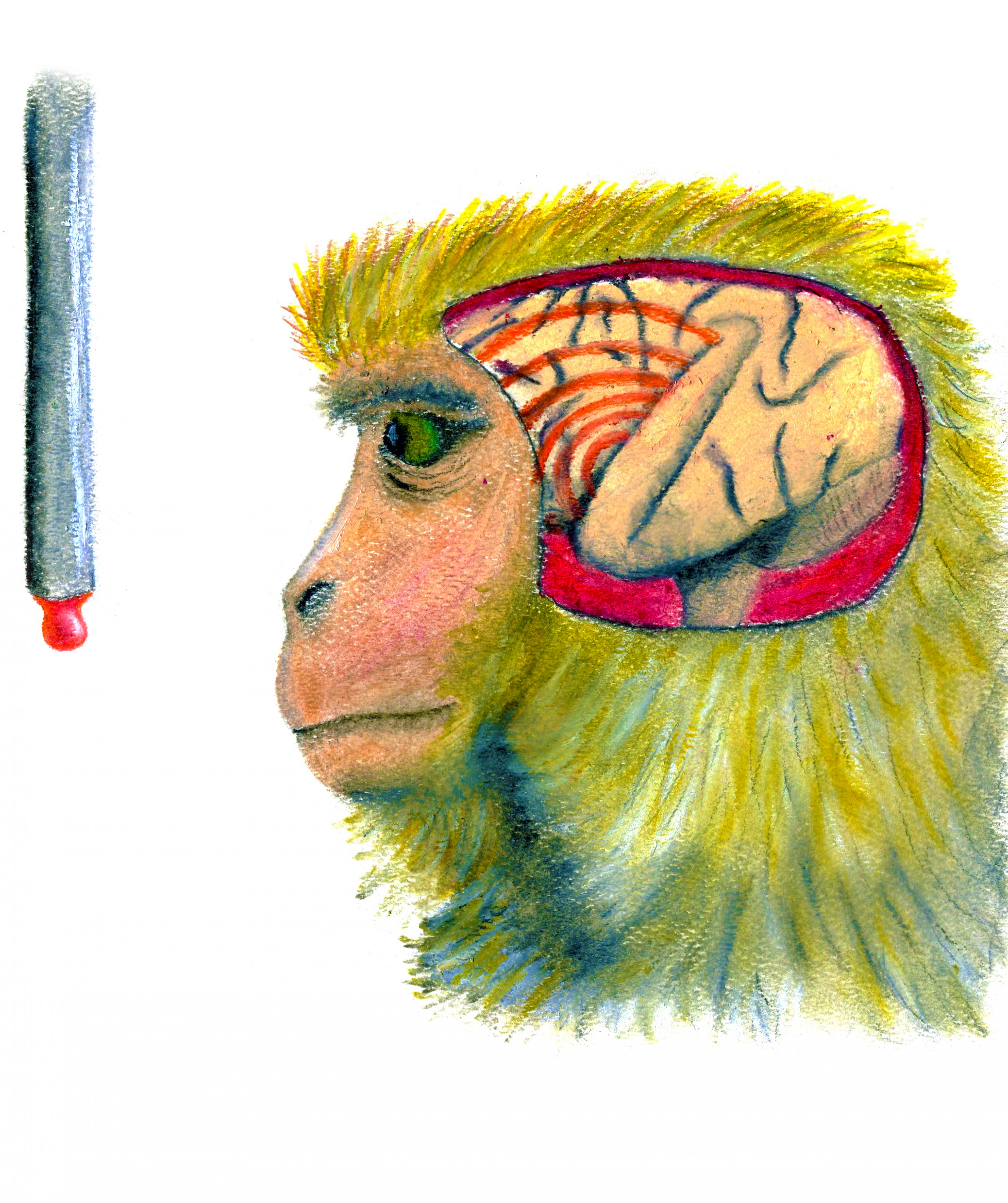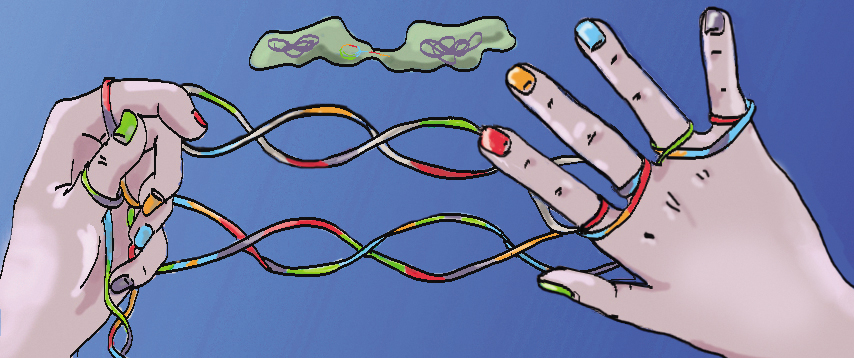Your Brain on Food
In several regions of the brain, researchers are discovering new complexities in the ways in which our diet affects our minds and bodies.
In several regions of the brain, researchers are discovering new complexities in the ways in which our diet affects our minds and bodies.
Yale Professor of Molecular Biophysics and Biochemistry Ronald Breaker and his group have recently determined the function of a previously unknown pervasive fluoride riboswitch.

Image Courtesy of PxHere. For many of us, the idea of dying evokes so much fear that we would rather approach it with denial—to view

Image Courtesy of Sophia Zhao. Amid the COVID-19 pandemic, a figure crawls from the darkness. Born from the collaborative efforts of investigators at the Yale

Image Courtesy of Michael Clesle. Around six percent of the US population will experience post-traumatic stress disorder (PTSD) at some point in their lifetime. Marked
Currently, there are several explanations for this flexibility that center around bone shape and body composition.
Stem cells can save lives by replacing damaged tissue, yet that process could go terribly wrong, leaving the patient with a tumor instead. A little-known protein variant has the power to predict the outcome, and even suggests explanations for this phenomenon.

Neuroscientists, curious about what generosity looks like in the brain, tell a story of how emotional processing and mirror neurons might encourage social behavior.
Professor Vladimir Rokhlin has won the 2014 William Benter Prize for developing a series of algorithms to solve a baffling problem — a precise calculation of the net force on an object.

Evolution as we know it is driven by mutations in genes. But researchers at Yale were curious about what surrounds a gene. That is, how does a whole gene network evolve?
Thomas Pollard, the Sterling Professor of Molecular, Cellular, and Developmental Biology, has discovered that “pinching” is a very simplified way to view mitosis.